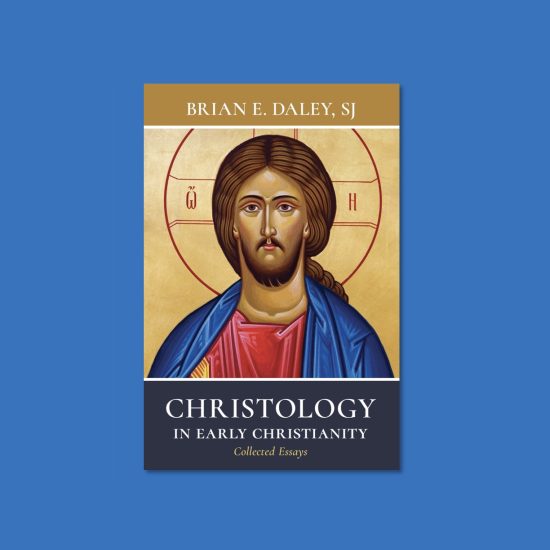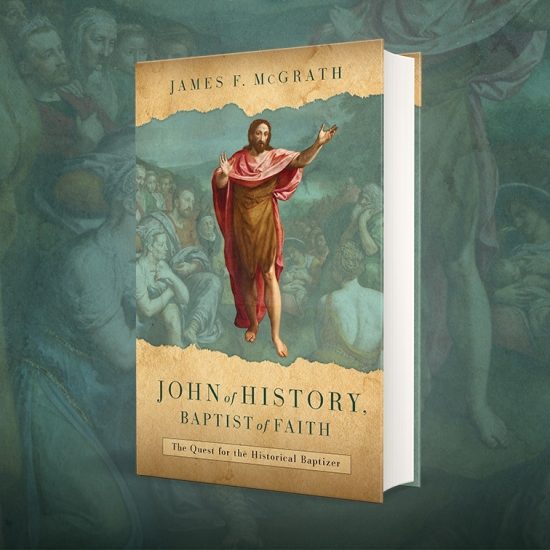(ABP) — The third-richest man in the world, Warren Buffett (who has pledged to give 99 percent of his wealth to philanthropic purposes), wrote in a New York Times op-ed Aug. 14 that super-rich Americans like him are not paying their fair share of taxes.

Andrew Daugherty
|
Buffett specified that his tax bill last year was 17.4 percent of his taxable income, a rate lower than any of the other 20 people who work in his office. He concluded that it is time for his fellow mega-rich friends, as well as the United States government, to “get serious about shared sacrifice,” especially at a time “when so many of their fellow citizens are truly suffering.”
Based on his friendship with a certain wealthy man, I think Jesus would approve of Buffett’s witness.
While Jesus befriended the poor, the sick, the sad and the despised, occasionally his message would rub off on the well off. This is what happens with Zacchaeus.
An entrepreneur and a high-powered tax agent, Zacchaeus had made a name for himself as someone who was upwardly mobile, not just as a tree climber (see Luke 19), but apparently as a social and economic ladder climber, too.
Jesus had once told a rich young politician it was easier for a camel to pass through the eye of a needle than for a wealthy person to enter the kingdom of God. Even against these unlikely odds, Zacchaeus the coin collector was ready for change of a different kind.
He volunteers to Jesus: “I will give away half of my wealth. And if I am found guilty of fraud or extortion, I will use what’s left to pay back the ones I’ve cheated at 400 percent interest.”
Jesus responds, “Today salvation has come to this house.”
Social gospel prophet and Baptist Walter Raushenbush summed up the story of Zacchaeus like this: “Here a camel passed through the needle’s eye, and Jesus stood and cheered!”
The billionaire Buffett now offers us an encore performance. His op-ed message included two words at the heart of Jesus’ mission: shared sacrifice.
These words are often used to describe American military operations abroad. Rarely are they used to describe our economic practices at home. So when the most successful investor in the world dares to preach an economic gospel of “shared sacrifice” through a fair-share taxation system, citizens of all political and theological stripes would do well to listen.
Buffett’s character makes capitalism and compassion seem not so contradictory. Capitalism without compassion help pads our wallets, but it insulates us from the needs of others. Money can blind us to the needs of others, or money can bind us to the needs of others. It depends on whether we define cents in terms of coinage or sense in terms of core values; of whether we spell it c-e-n-t-s or s-e-n-s-e.
Buffett is a rich man with plenty of financial cents and plenty of common sense. Like Zacchaeus, his personal fortune does not isolate him from the misfortunes of others.
He knows what leading economists have long observed — that the upper 1 percent of Americans takes in almost a quarter of the nation’s income each year. Money is highly concentrated at the top of our economic system and Buffett understands both the unfortunate gap between rich and poor and the unusual opportunity he has to do well by his fellow citizens.
He does not equate paying more in taxes with being punished for his success. On the contrary, he believes he should pay more because of his success. Buffett calls it “sensible.” His critics call it nonsense. I call it compassionate.
Unlike some of our political leaders and media pundits, the gospel does not make false distinctions between the “makers” and the “takers,” the deserving and the undeserving or the hard-working and the hardly-working.
Instead, we are told that the first Christians had all things in common. They would sell their possessions and goods and distribute the proceeds to all, as any had need. In other words, no person had too little and no person had too much, whether or not their means were greater or lesser.
Applied to our capitalist society, this is a dubious economic philosophy. Applied as a compassionate ethic, it supplies a model of shared sacrifice that Buffett calls for in our taxation system.
Buffett’s fair-share taxation plan should be good news for those who seek a more just and equitable democracy. And as Jesus shows Zacchaeus, to become more compassionate is good news whether you are a billionaire or a billionaire in Christ. It might even cause Jesus to stand up and cheer!
Andrew Daugherty is minister of faith formation at Myers Park Baptist Church in Charlotte, N.C.
EDITORIAL DISCLAIMER: As part of our mission to provide credible and compelling information about matters of faith, Associated Baptist Press actively seeks a diversity of viewpoints in its columns, commentaries and other opinion-based content. Opinions expressed in these articles are not intended to represent ABP editorial policy and do not necessarily reflect the views of ABP's staff, board of directors or supporters






